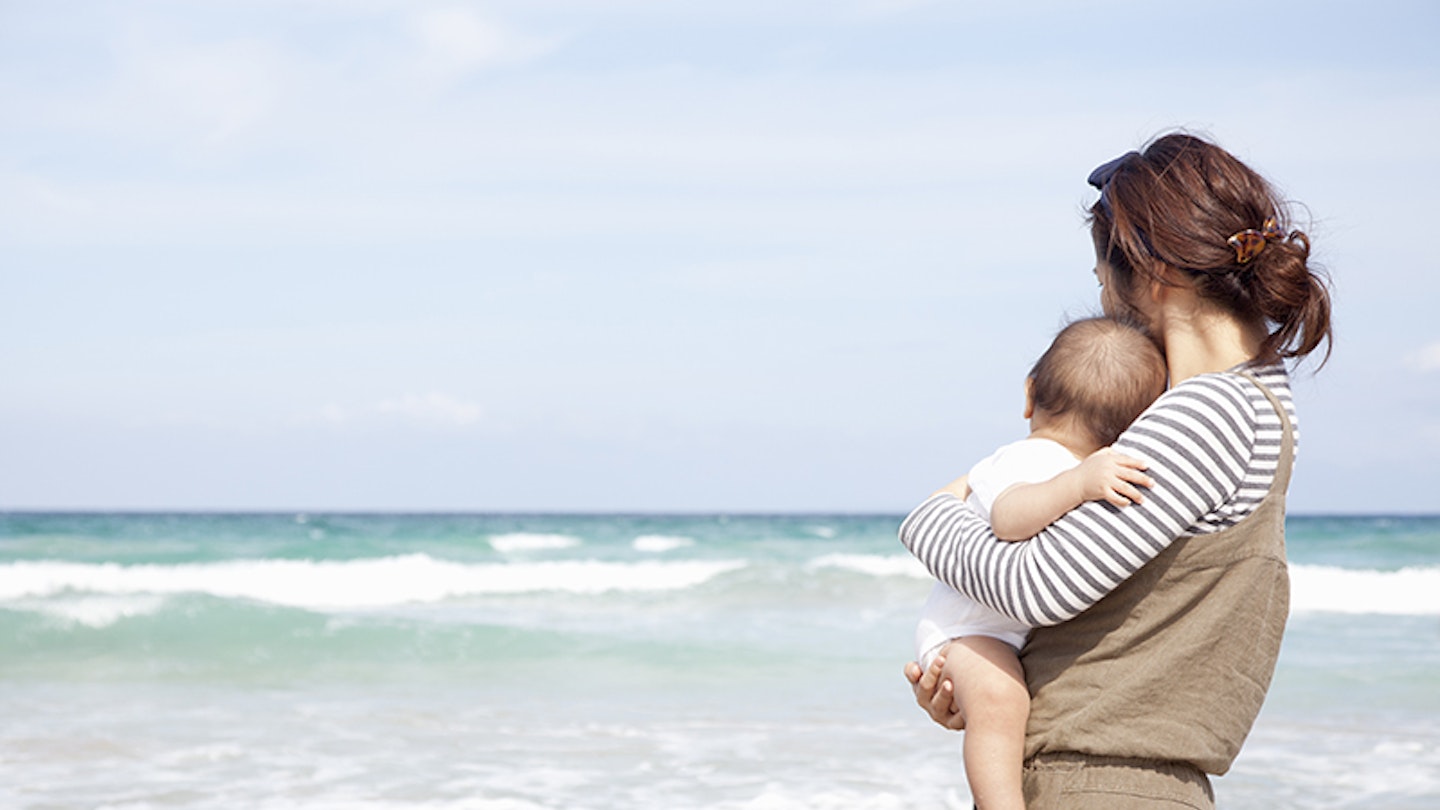One in five mums struggles with maternal mental health. Having a baby is a big life event. It's natural to experience a range of emotions, whether that's during pregnancy or after baby arrives. And it's ok to say you're struggling - there's no manual, nothing that can really prepare you for suddenly having this brand new human who is your responsibility!
That's what Maternal Mental Health Awareness Week is all about - a weeklong campaign dedicated to getting people talking about mental illness while pregnant or after having a baby. This year the campaign falls on May 5 - May 11, with the theme ‘Your voice, your strength'.
What is maternal mental health?
According to mental health charity Mind, a maternal or 'perinatal' mental health problem is one that you experience any time from becoming pregnant up to a year after you give birth. This may be a new mental health problem, or an episode of a problem you've experienced in the past. Partners may also experience mental health problems around this time.
The most common perinatal mental health problems include:
Perinatal anxiety
Perinatal OCD
Postpartum psychosis
Postpartum PTSD
If you need to talk to someone, here’s how to get help when you need it.
Talking about postnatal mental health
Watch Sara, Holly and Kate talk about their experience of mental health problems after pregnancy.
What is Maternal Mental Health Awareness Week?
Maternal Mental Health Awareness Week is organised and led by the Perinatal Mental Health Partnership UK (PMHP UK), who launched the first-ever UK Maternal Mental Health Matters Awareness Week in 2017.
It's all about raising public and professional awareness of perinatal mental health problems, advocating for women affected by it, changing attitudes and helping families access the information, care and support they need to recover.
PMHP UK will provide a supportive platform for families and signpost them to vital resources and safe support which is what people need most at this time. The focus will be on ensuring parents feel well-informed and supported at a time when anxiety is heightened for so many.
This year's daily themes
Each day of this important week also has its own theme:
Monday: Conversations that matter - let's talk about maternal mental health
Tuesday: Walking with you as you find your voice - supportive organisations
Wednesday: World Maternal Mental Health Day - Stronger Together
Thursday: Breaking the silence: Financial stress and Maternal Mental Health
Friday: Perinatal Positivity Pot
Saturday 7th May: Information for Impact for Healthcare Professionals
Sunday 8th May: Reflect and rise
To support maternal mental health week on social media, use the hastag #MaternalMHmatters
Emily Gilbert is the Features & Reviews Editor for Mother&Baby and has written for the website and previously the magazine since 2015. First-time mum to Theodore, Emily writes about everything from the top baby products to pregnancy, fertility and maternal mental health. Specialising in product reviews, Emily is the first to know about all the exciting new releases in the parenting industry.
